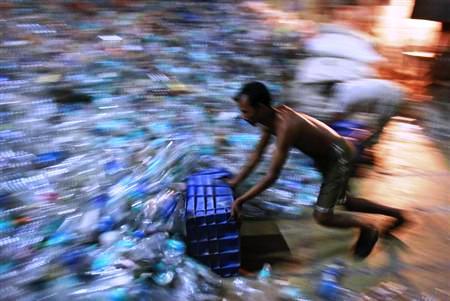
India accounts for one-third of the world poor, people living on less than $1.25 (about Rs 65) per day, a World Bank report on poverty has said.
The report said that 1.2 billion people are still living in extreme poverty across the world.
"The State of the Poor: Where are the Poor and Where are the Poorest?," using data released in the latest World Development Indicators, shows that extreme poverty headcount rates have fallen in every developing region between 1981 and 2010 from half the citizens in the developing world to 21 per cent.
The image is used for representational purpose only
. . .
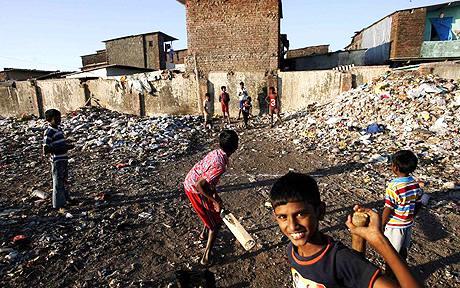
This despite a 59 per cent increase in the developing world population.
However, a new analysis of extreme poverty released on Thursday by the World Bank shows that there are still 1.2 billion people living in extreme poverty, and despite recent impressive progress, Sub-Saharan Africa still accounts for more than one-third of the world's extreme poor.
"We have made remarkable progress in reducing the number of people living under $1.25 a day in the developing world, but the fact that there are still 1.2 billion people in extreme poverty is a stain on our collective conscience," said World Bank Group President Jim Yong Kim.
The image is used for representational purpose only
. . .
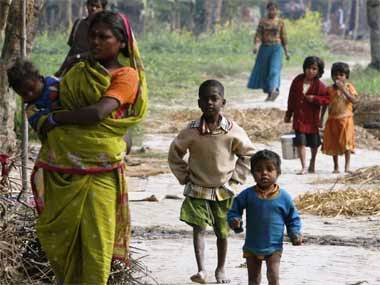
"This figure should serve as a rallying cry to the international community to take the fight against poverty to the next level. Our analysis and our advice can help guide the way toward ending extreme poverty by 2030, by showing where the poor live and where poverty is deepest," he said.
"We have made strides in cutting down poverty, but with nearly one-fifth of the world population still below the poverty line, not enough," said Kaushik Basu, World Bank senior vice president and chief economist.
The image is used for representational purpose only
. . .
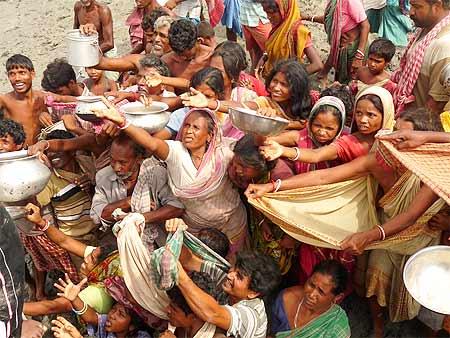
"Directing investment towards the poor will require coordinated effort by the Bank, our country partners, and the international development community, and will, let's face it, entail sacrifice on the part of those who are fortunate enough to be better off," Basu said.
According to the report, after steadily increasing from 51 per cent in 1981 to 58 per cent in 1999, the extreme poverty rate fell 10 percentage points in Sub Saharan Africa between 1999 and 2010 and is now at 48 per cent -- an impressive 17 per cent decline in one decade.
The image is used for representational purpose only
. . .
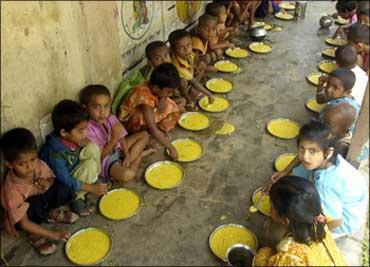
In Latin American Countries, after remaining stable at approximately 12 per cent for the last two decades of the 20th century, extreme poverty was cut in half between 1999 and 2010 and is now at 6 per cent.
However, despite its falling poverty rates, Sub-Saharan Africa is the only region in the world for which the number of poor individuals has risen steadily and dramatically between 1981 and 2010.
There are more than twice as many extremely poor people living in SSA today (414 million) than there were three decades ago (205 million).
The image is used for representational purpose only
. . .
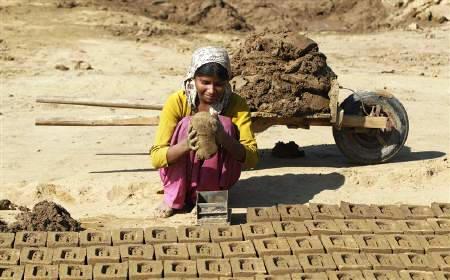
As a result, while the extreme poor in SSA represented only 11 per cent of the world's total in 1981, they now account for more than a third of the world's extreme poor.
India contributes another third (up from 22 per cent in 1981) and China comes next, contributing 13 per cent (down from 43 per cent in 1981).
The image is used for representational purpose only